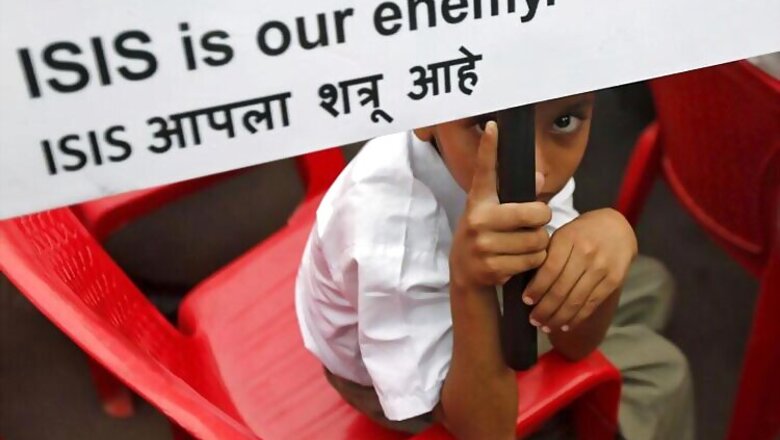
views
Paris: From the blood spilled in the streets of Paris to the San Bernardino shootings, the world in 2015 showed its vulnerability to the brand of terror perpetrated by Islamic State jihadists.
Over the past 12 months, the group that took root in Iraq and in the chaos of the Syrian war has turned its focus from territorial gains to hitting at "distant enemies".
"The Islamic State... has gone global," said Richard Barrett, a former head of Britain's global counter-terrorism operations who is now vice-president of the New York-based think-tank Soufan Group. Barrett told AFP that politicians find the issue of the IS group "really difficult to deal with".
"The public is frightened, and that's the point of terrorism - to make the public frightened. And it's very difficult for the politicians to deal with a constituency which is frightened.
"But at the moment, running around in circles and sending more bombers (to Syria and Iraq) is not solving the problem, it's even making it a little bit worse."
Perhaps the key difference between IS and the extremist groups that have gone before it, is that it can call on agents that it dispatches from its self-declared "caliphate" as well as sympathisers in the countries it is attacking.
As the year closed, even California appeared to have become a target, when the married couple Syed Farook and Tashfeen Malik killed 14 people in San Bernardino.
Although the investigation is still ongoing, the couple appear to have become radicalised alone before carrying out their rampage without having direct contact with IS.
The added threat comes from hardened jihadists such as the Kouachi brothers who in January carried out the attack on the Paris offices of the satirical newspaper Charlie Hebdo that left 12 people dead.
Said and Cherif Kouachi had both been placed under surveillance at some point but had slipped off the radar and appeared to be no longer a threat before they suddenly launched an attack.
The last 12 months have shown that security forces in the countries targeted, despite beefed-up resources, are struggling.
"Every European security service that I have talked to in the last year is petrified of the issue of foreign fighters, and there is almost no solution to it," said Bruce Riedel, of the Brookings Institution in Washington.
Hundreds of European citizens are joining IS in Syria and Iraq - often through the relatively easy route of Turkey - every month and some are then returning home radicalised and hardened after spending time on the battlefield.




















Comments
0 comment